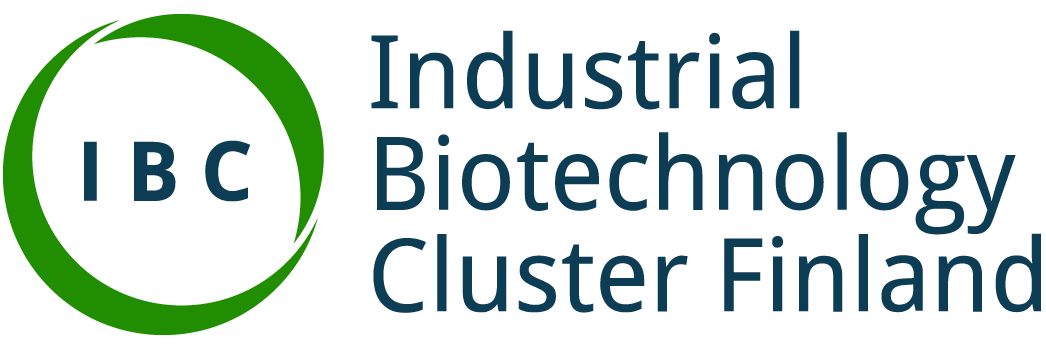Yes, it’s Carbon Re-Use Week, or, as the carbon atom said to the technology, Waltz Me Once Around Again, Willie. We have one big story from the Wonder from Down Under — Licella, that is — and we may just (wink, wink) have another one for you tomorrow.
Licella signed a memorandum of understanding with New Zealand’s pulp, paper and packaging business giant Oji Fibre Solutions to investigate plastic recycling technology for New Zealand. Specifically, the physical and chemical recycling of what they’re terming End-of-Life Plastic. That is to say, conventionally end of life. Turns out, here’s another carbon source worth an extra chance.
Factoids about plastic waste
And here’s the big bit.
- Globally, over half of all plastic ever produced is thrown away after only one use.
Let’s go one step further, with this factoid.
- Only 9% of all plastics ever produced have been recycled.
The volume potential is impressive,
- OjiFS’s recycling service collects more than 300,000 tonnes/annum of recovered paper from throughout New Zealand.
- The company also collects plastic waste – a portion comes from its recovery facilities operated on behalf of local authorities and a portion is separated from the paper at the OjiFS recycling mills.
And whether you are an environmentalist decrying the desecration of the earth, or a bottom-line oriented analyst annoyed at the desecration of the balance sheet, waste costs money, waste is bad, waste is Public Enemy #1 for the global economy.
The old way
Traditional physical recycling typically processes only type 1 PET plastic (e.g. soft drink bottles) and type 2 HDPE plastic (e.g. milk bottles). The challenge is what happens to the all the other plastic types, which account for the majority of End-of-Life Plastics.
The new way
The new way Chemical recycling closes the plastics recycling loop – giving End-of- Life Plastic a new life as a circular resource. Meanwhile, Licella has spent 12 years developing its patented and now commercial ready Cat-HTR platform. The Cat-HTR uses supercritical water to chemically transform plastic back to its chemical building blocks (a recycled oil – a sustainable alternative to fossil oil). This Cat-HTR technology is a form of chemical recycling; enabling these chemicals to be used over and over again – for new plastics or as fuels that help reduce waste, not natural resources.
The OjiFS gambit
This collaboration with iQ Renew and Licella could enhance OjiFS’s position at the forefront of the circular economy in New Zealand. By building a Cat-HTR chemical recycling plant to deal with End-of-Life Plastic (not able to be physically recycled), OJIFS is looking at opportunities to complement its paper recycling operations.
OjiFS CEO, Dr Jon Ryder, said “recent policies in China and South East Asia have restricted waste imports and require Oji Fibre Solutions to investigate alternative on-shore treatment options, as landfilling is not acceptable to our business.”
The IQ Renew backstory
iQ Renew was formed by Licella to commercialize the Cat-HTR chemical recycling platform in Australia and New Zealand for End-of-Life Plastic and Tires. In February 2019 iQ Renew merged with Australian recycler Stop Waste, who physically sort and process over 100,000tonnes/annum of curbside recyclable materials. In doing so, iQ Renew has become the first company in the World to both physically and chemically recycle plastics, closing the loop in a circular economy.
iQ Renew CEO, Mr Danial Gallagher, said of the collaboration “we congratulate and very much look forward to working with Oji Fibre Solutions in building upon their leading role in local recycling, and helping to move New Zealand towards a plastics neutral future.”
Next steps
Once established, the partnership intends to offer the Cat-HTR solution to other producers of End-of-Life Plastics in New Zealand.
Meanwhile, the Cat-HTR for End-of-Life Plastic is also being commercialized by Mura Technologies, Licella’s global joint venture with Armstrong Capital. Mura’s first Cat-HTR plastics plant is being built in Wilton (UK) by Renew ELP, who have completed a full design and construction package. This first commercial Cat-HTR plant will be commissioned in 2020-2021 and process 20,000 tonne/annum of End-of-Life Plastic.
http://www.biofuelsdigest.com/bdigest/2019/08/05/licella-ignites-carbon-re-use-week-with-oji-deal-to-make-fuels-chemicals-from-end-of-life-plastic/
